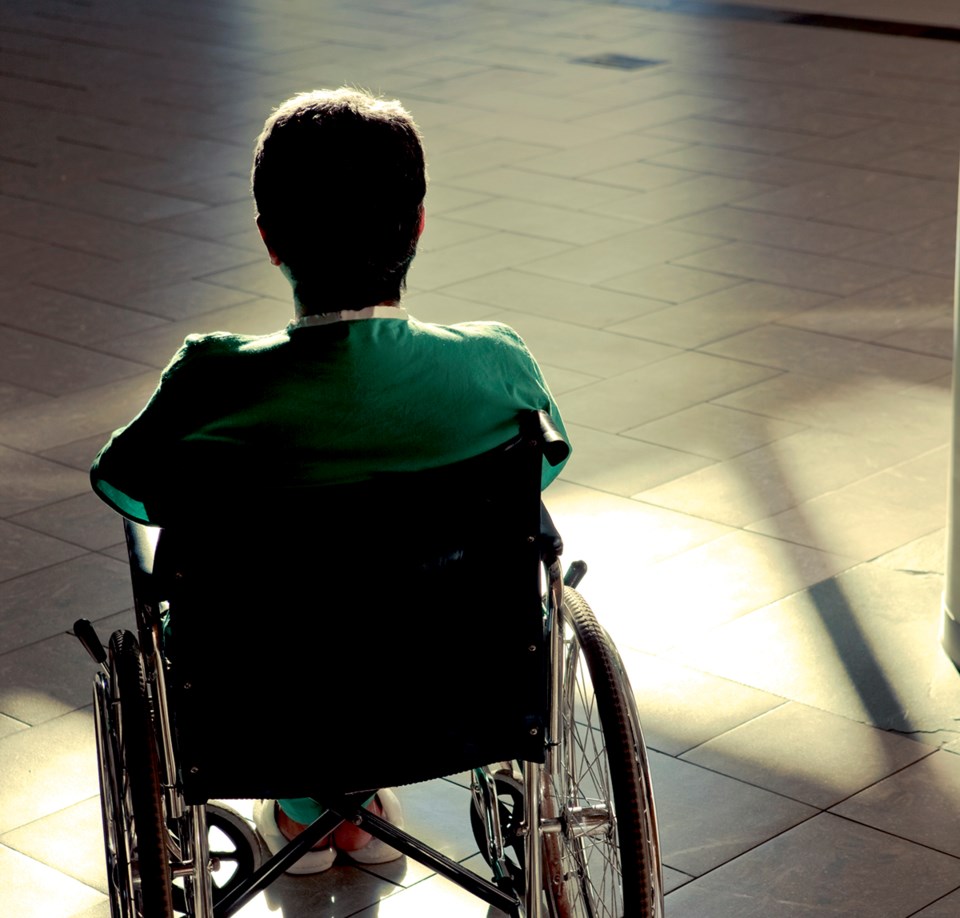Shawna Kolkman
Lately, everyone has been talking about the degree of seriousness of COVID-19, how inconvenient it is to wear a mask, and the number of deaths in our community. But few are talking about the very real health detriments caused by ‘social distancing,’ a problem that’s increasingly impacting those most frequently affected by this virus.
You know who I’m referring to – our seniors.
Social isolation of seniors is upsettingly common and is recognized as a public health issue. According to Statistics Canada, seniors are at a similar or higher risk of dying from social isolation than from smoking, alcohol use and obesity.
Take a minute and think about that statistic – our seniors are at risk of literally dying from loneliness. And, sadly, this has only been amplified over the past six months.
My intent here isn’t to minimize the experiences of others, but to shed light on a serious health issue among seniors that’s been magnified during this pandemic.
If senior health outcomes aren’t important to you now, I guarantee they will be later.
In the words of activist Ashton Applewhite, everyone “is old, or future old,” and as the senior population grows, so will the frequency of isolation among them — among us.
So, what can we do to start reducing the social isolation of seniors?
First, we can identify individuals who are isolated.
We can show affection. Though traditional, physical ways are no longer considered safe, there are other ways to show affection, such as waving, picking up the telephone, or making time for a physically distanced conversation. ‘Social distancing’ doesn’t have to mean the end of social interaction.
We can wear masks. Regardless of where you sit on the debate about face masks, wearing one (if you are able) can show you care, not only about yourself, but also about others. The more confident seniors feel in our efforts to keep them safe, the more comfortable they may be to participate in our community. As Professor Mélanie Levasseur of Université de Sherbrooke indicates, social participation has been proven to increase quality of life and health outcomes.
We can help make adaptive technologies available. Devices with voice recognition, screen readers, enlargement options and headphones to increase volume can prevent age-related changes from impeding social interaction. The more we can make these available to seniors the more active their social lives may be.
In its simplest form — if we can show seniors we care, their health will improve.
So, the next time you see a senior in our community or think about someone who may be socially isolated, go out of your way to say, “Hi,” send them an email, ask how their day is going, and offer them the biggest smile you can from beneath that mask.
Taking a minute of your time to be social and show you care, if only in a small way, can make a monumental difference in someone else’s world.
Who knows, you might even save a life.
Shawna Kolkman is a Sarnia resident currently pursuing a Master’s Degree in Social Work.
